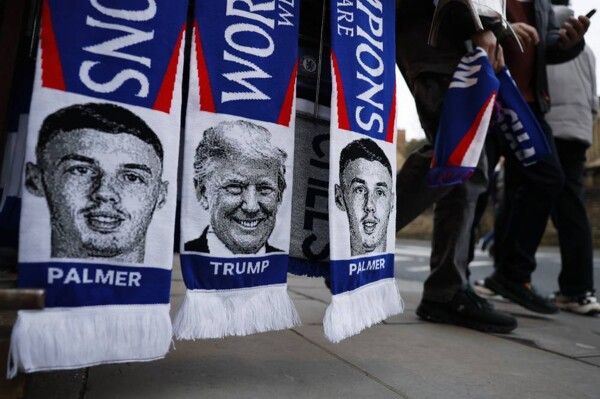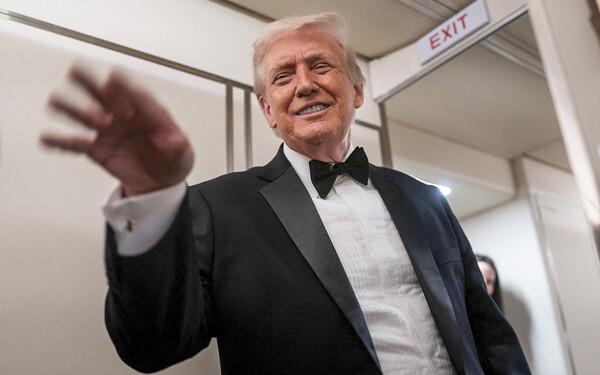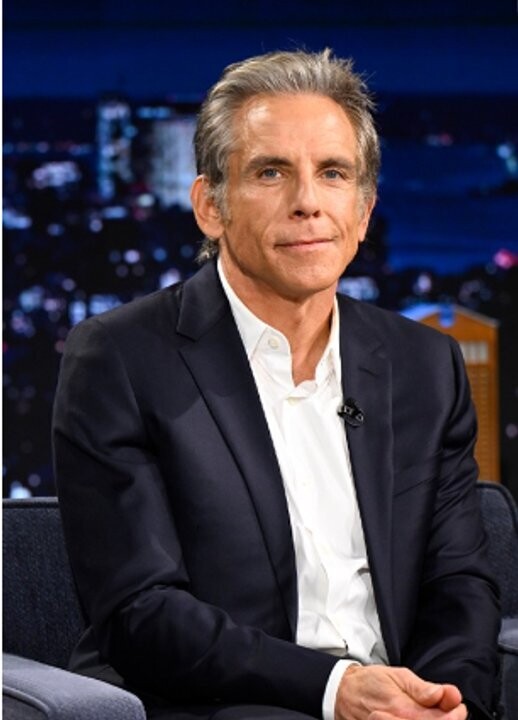
The U.S. Department of the Treasury announced new sanctions targeting the New Michoacan Family Cartel this Tuesday. These measures come nearly two months after the Trump administration revealed a list of Mexican organized crime groups that would be considered foreign terrorist organizations.
During the announcement, Scott Bessent, Secretary of the Treasury, accused the mentioned cartel of engaging in activities such as fentanyl trafficking, illegal crossings of migrants into the United States, assaults on Mexican law enforcement, the use of drones with explosives to attack rivals, and the use of conventional firearms. Bessent stated: "Today’s action underscores our commitment to intensify pressure on violent drug cartels like LNFM, which continue to traffic lethal drugs and smuggle illegal immigrants."
The sanctions announced by the Office of Foreign Assets Control (OFAC) are specifically aimed at the leaders of the New Michoacan Family, Johnny Hurtado Olascoaga, known as 'El Pez', and José Alfredo Hurtado Olascoaga, also known as 'La Fresa'. The Treasury Department offered a reward of 5 million dollars for information leading to the capture of Johnny Hurtado and 3 million dollars for his brother.
The implications of the sanctions against the New Michoacan Family are financial and will impact the structure of the criminal organization. All assets and interests of the cartel leaders located in the United States or under the control of U.S. citizens will be blocked. This includes companies in which 'El Pez' or 'La Fresa' own 50 percent or more.
Additionally, OFAC will prohibit transactions by U.S. citizens related to the accounts of the criminal leaders within or outside the territory. This includes exports, reexports, or transfers of items subject to export controls, as the cartel uses these activities to launder money from illicit sources.
The Treasury Department's statement notes that U.S. persons who violate these sanctions may face civil or criminal penalties, and it is prohibited for non-U.S. individuals to induce or conspire to violate the rules, as well as to engage in conduct that evades U.S. sanctions.














